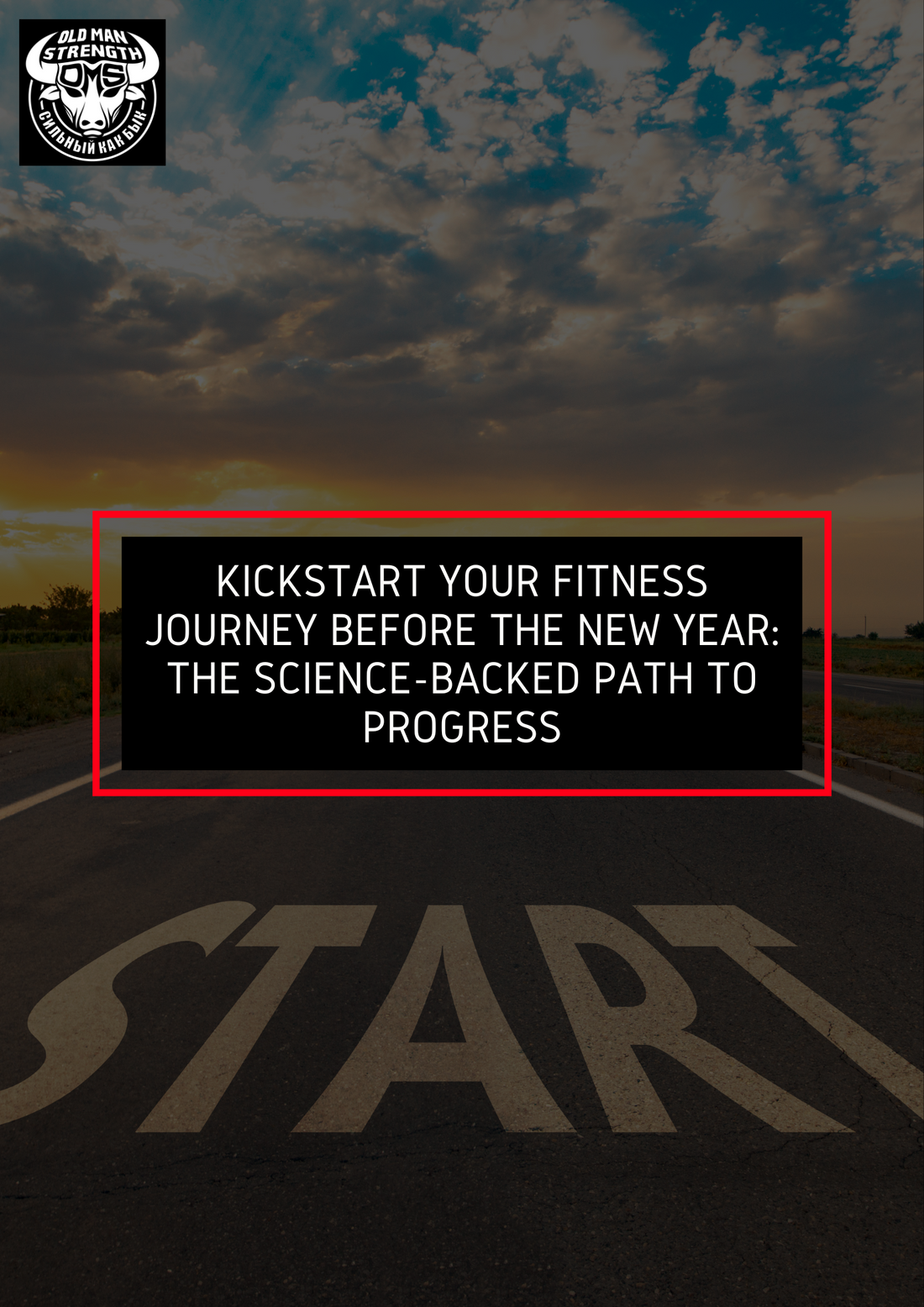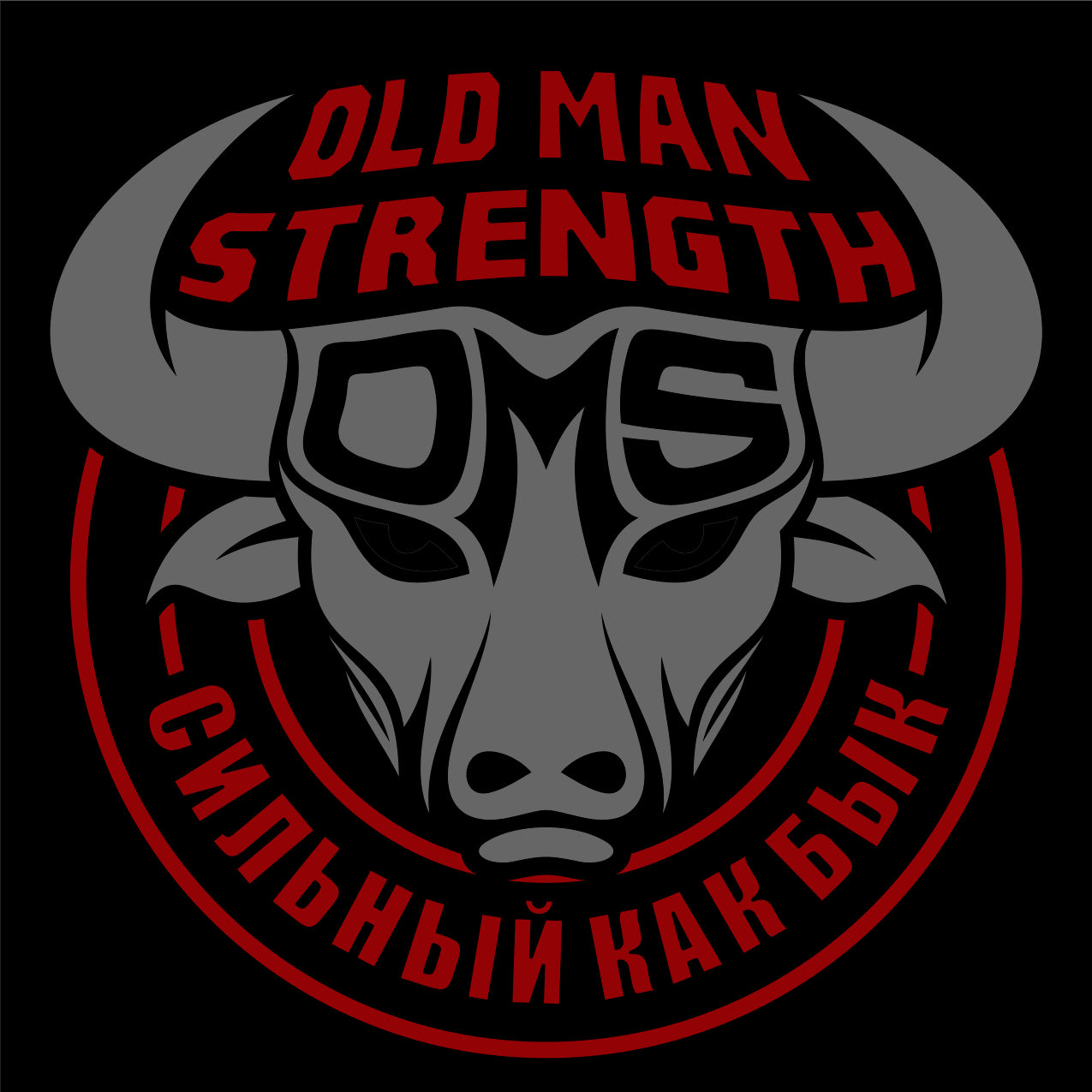
Kickstart Your Fitness Journey Before the New Year: The Science-Backed Path to Progress
Kickstart Your Fitness Journey Before the New Year: The Science-Backed Path to Progress
As we approach the end of another year, many of us start setting goals for the next. But when it comes to fitness, waiting until January 1st can mean leaving valuable progress on the table. At Old Man Strength, we know that taking those first steps in December – or even sooner – can transform not only your physical health but also how you approach and stick to your goals. Here’s why starting now, instead of later, could be the best decision for your body and mind.
Why Start Your Fitness Journey Before the New Year?
1. Avoiding the “Fresh Start Effect” Trap
Researchers refer to the inclination to start new habits on significant dates – New Year’s, birthdays, Mondays – as the “fresh start effect.” While it can be motivating, studies from Wharton and Harvard suggest it may have a downside: we tend to focus more on the novelty of a future start date rather than on the habit itself, often leading to dropout rates after the initial excitement fades. By choosing to start before January, you avoid being swept into a pattern of abandoning resolutions and instead can establish a real, sustainable routine.
2. Incremental Gains Compound
The principle of compound progress suggests that starting sooner means you benefit sooner. Imagine adding even two days of exercise weekly for six weeks leading up to New Year’s. Those small gains stack up, both physically and mentally. Physical adaptations like muscle growth, cardiovascular endurance, and even neural adaptation begin within weeks, creating a foundation that’s stronger, more resilient, and better suited for an increased workload come January.
3. Mental Health Benefits of Early Commitment
Physical activity is strongly linked to improved mental health. The endorphin release from exercise has an immediate mood-boosting effect, and studies show that regular physical activity decreases stress and anxiety. By starting now, you’re entering the holiday season with a clearer head and a stronger sense of well-being, which helps counterbalance seasonal stress and sets a positive precedent for January.
Breaking Through Procrastination: Science-Backed Tips
1. Commit to Smaller, Measurable Goals
Research highlights the power of smaller, achievable goals. Instead of vowing to work out “every day,” set a goal to exercise three times per week for 20 minutes. According to psychologist Dr. BJ Fogg, smaller habits are more likely to stick because they’re easy wins – each success reinforces our self-identity as “someone who works out.” Over time, this behaviour scales, building an identity around fitness without overwhelming you at the outset.
2. Use “Temptation Bundling” for Motivation
Behavioural scientist Katherine Milkman advocates for “temptation bundling,” or pairing something you enjoy with your workout. For example, save a favourite podcast or playlist specifically for workout time. Studies show this technique not only makes the experience more enjoyable but also increases the likelihood of sticking with it, transforming exercise from a chore into something you look forward to.
3. Track Progress and Reward Consistency
Data tracking – whether through wearable tech, a journal, or a fitness app – is highly correlated with goal adherence. The ability to see progress and be accountable to your own metrics enhances both motivation and a sense of achievement. Set small rewards for milestones reached, like upgrading to new gear or hitting a personal best. Each reward strengthens positive associations with the journey itself, not just the end goal.
Tips for the Journey: Creating Long-Lasting Habits
1. Prioritise Recovery
Starting a fitness journey is exciting, but overdoing it can lead to burnout or injury. Recovery days are vital. The science of muscle adaptation tells us that muscles need 48 hours to repair and grow stronger after intense exercise. Be strategic by starting with low-impact, steady-state cardio or light resistance workouts and building up gradually.
2. Focus on Nutrition Basics
While it’s easy to get swept into detailed nutrition plans, evidence suggests that a few basics can make a significant difference. For instance, studies indicate that protein intake post-workout promotes muscle recovery and growth. Aim for protein-rich meals after workouts and ensure you’re hydrating properly to maximise performance and aid recovery.
3. Sleep: The Ultimate Performance Enhancer
Lastly, don't underestimate sleep. According to the CDC, adults need 7-8 hours of sleep per night, especially those engaging in physical activity. Sleep is where the body repairs, grows, and consolidates new skills learned in training. If sleep is disrupted, our energy levels, motivation, and even immune function suffer, creating roadblocks to progress. Commit to sleep as part of your training, and you'll find your energy levels and endurance rise naturally.
Conclusion: Why the Time is Now
There’s no better time than now to start. Waiting until January might be the traditional route, but beginning earlier gives you a significant edge. Establishing a fitness routine with realistic, manageable goals helps you create habits that last, ensures your body is prepared for more intense work, and gives you the mental resilience to tackle whatever challenges come your way.
Remember, Old Man Strength is all about long-term, sustainable strength – both physically and mentally. So, let’s get a jump on it and make this season about starting strong.
Stay strong.


